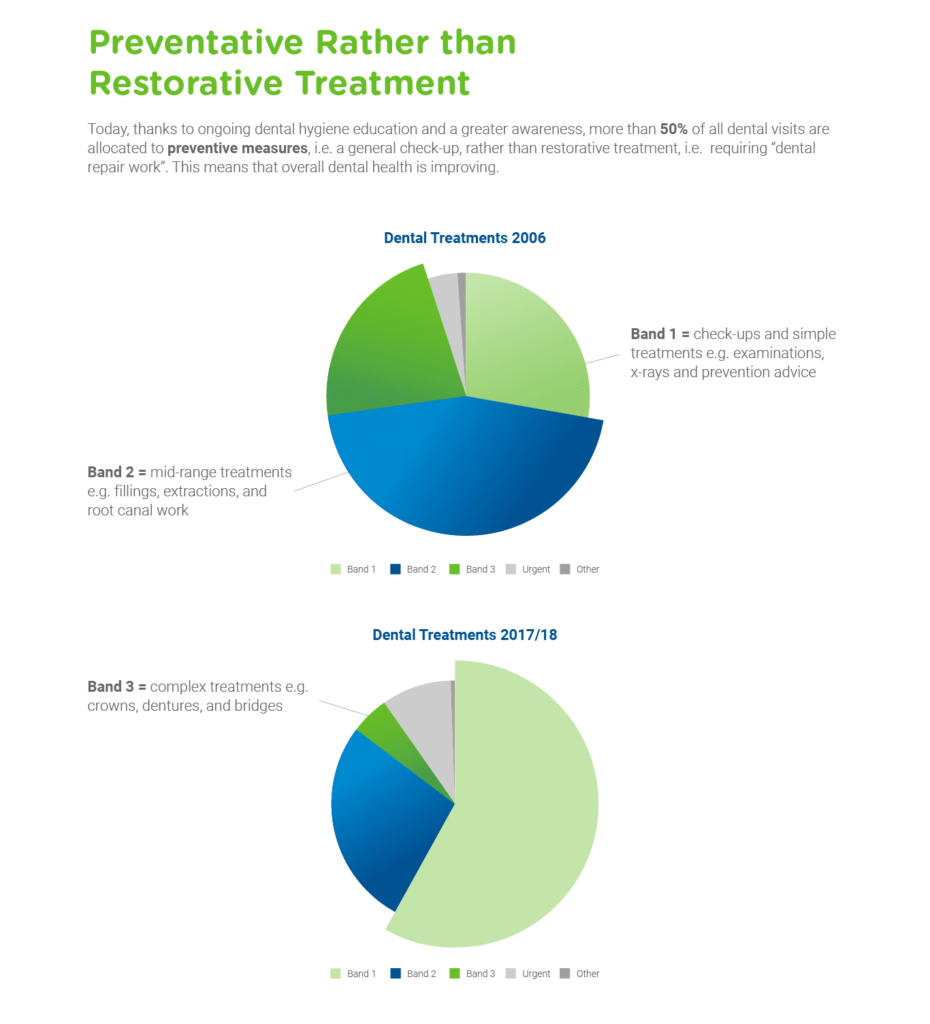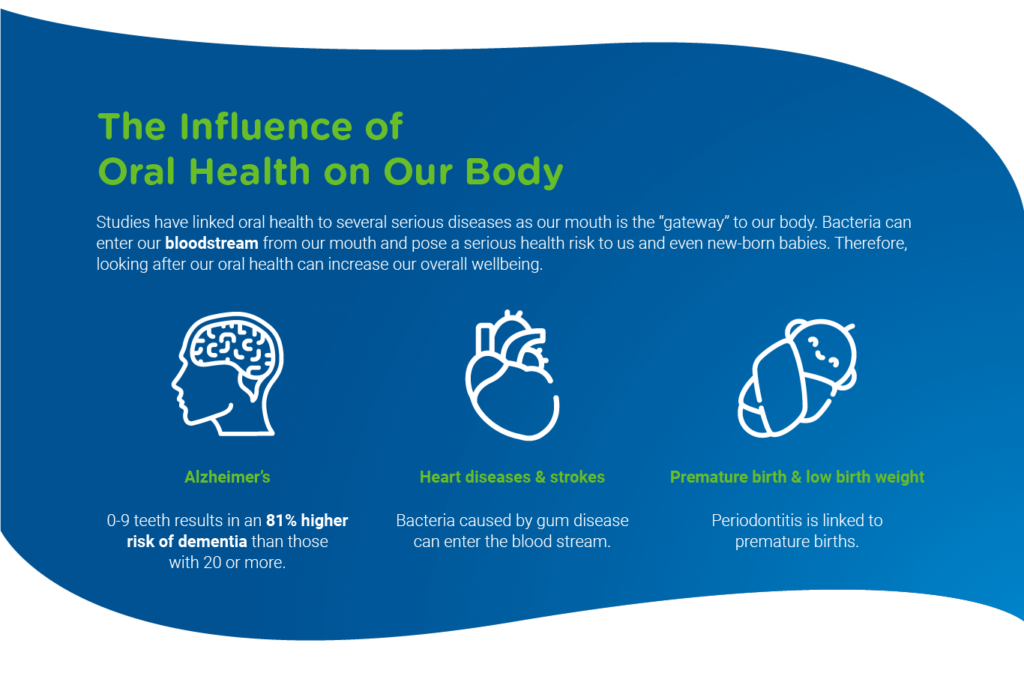Oral Health in the UK: Are we Being Responsible?
The UK has seen great strides in improving oral health in the past decade. But how does our oral health measure overall and what can we do to improve it? We break it down below.
London residents spend the most money on oral hygiene: a total of £306 per year, an average of £25.53 per month. That’s three times more money spent on mouthwash, toothpaste and other hygiene products than Sheffield, which has a far lower average spend.

Today, we’re in better standing than a decade ago. In the UK, more than 50% of dental visits are for preventative measures, like general check-ups, rather than restorative treatment. That means dental health is improving at a rapid rate and we’re all learning how to take care of our teeth.

This is great news overall for the British health system as well. Oral health has a direct impact on the rest of our body, not only our aesthetic. Studies show that the mouth is like a “gateway” to our body, allowing bacteria into our bloodstream. Alzheimer’s risk increases by 81% for those who lose more teeth and bad oral health can even cause premature birth. Healthier oral health across Britain means less stress on the NHS.

Visit your dentist at any point that you require restorative treatments to avoid further health problems. Tooth decay happens in stages, so the earlier you catch any problems, the higher the likelihood it can be treated and the tooth restored.

Unfortunately for us all, the food industry in the region is causing a negative impact on oral health. Sugar consumption is above average in the UK. Almost all staple meals contain a high amount of sugar due to processed foods, refined grains, and sweetened drinks. Our children are eating way too much sugar – close to twice the recommended daily intake.

Sugar consumption attacks teeth by drawing out its minerals and damaging the enamel, starting the irreparable decay process. With the amount of sugar that British children are consuming, we’re already seeing an impact in their health.

To help cope and limit the damage, there are 2 lifestyle changes you can make. The first is in regard to sugar consumption: set a healthier diet for yourself and your family and your overall health will improve, including that of your teeth. Reducing sugar intake will protect your entire body.

The second is ensuring that you are brushing your teeth properly. Make sure to change your toothbrush per your dentist’s recommendation and consider an electric toothbrush to help keep your teeth cleaner and healthier. Electric toothbrushes provide the added benefits of decreasing plaque by 21% and gingivitis by 11%.

Electric toothbrushes use an electric current to create circular up and down movements, enabling the user to reach and clean teeth thoroughly. A quick brush with an electric toothbrush does more than a classic toothbrush. It’s a small change that can help your dental health significantly.
If you want to learn more, take a look at the full infographic below:
Oral Health & Nutrition – an Infographic by hotukdeals
Category: Health











